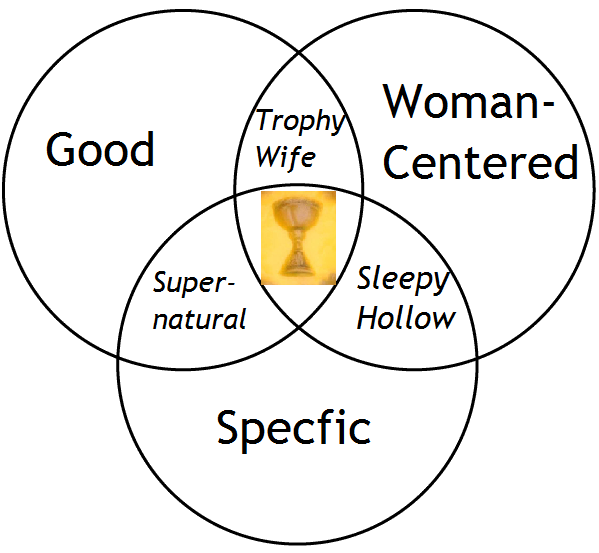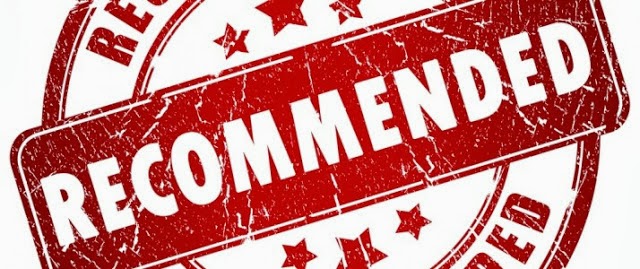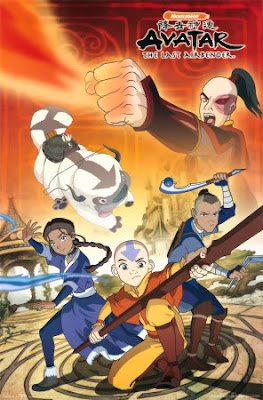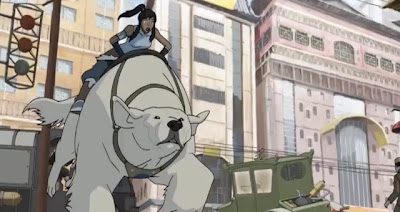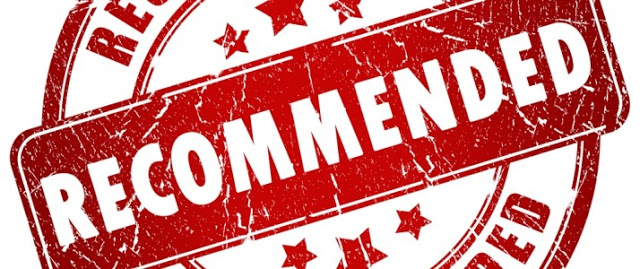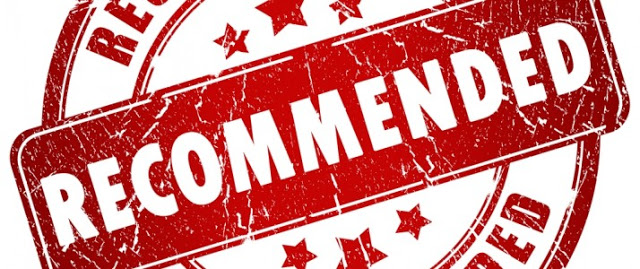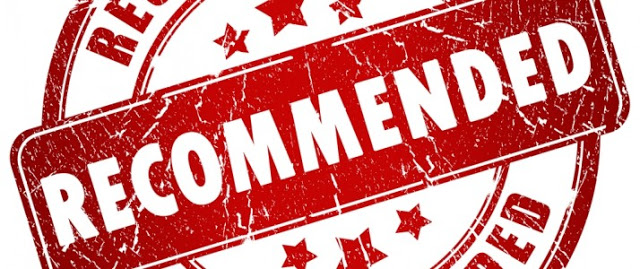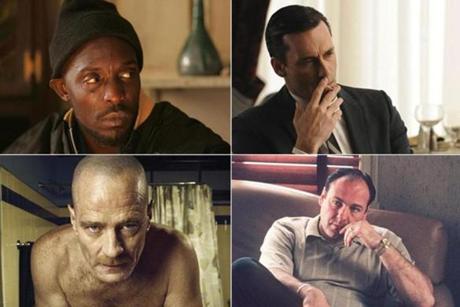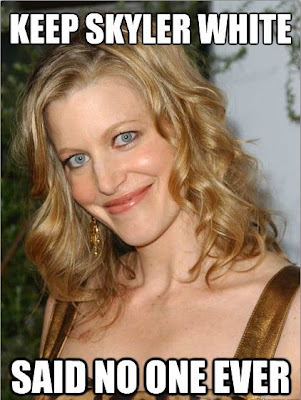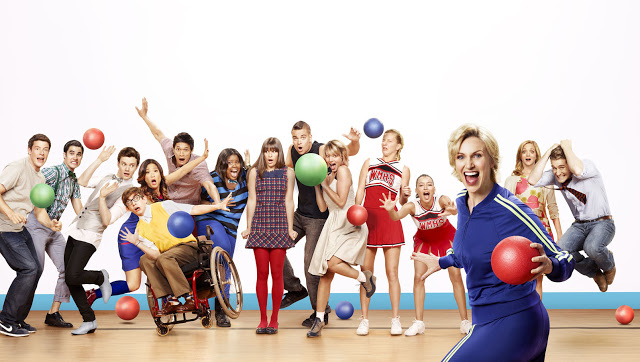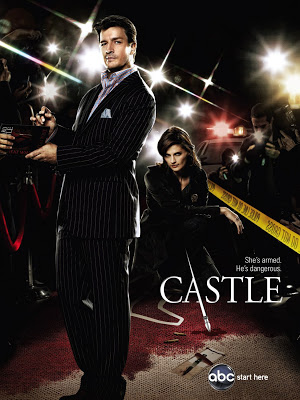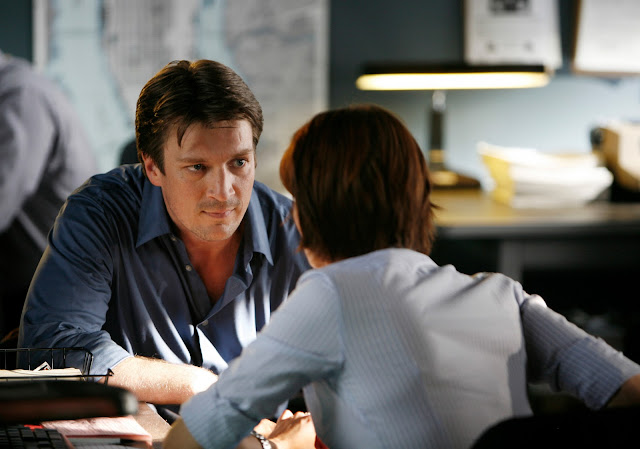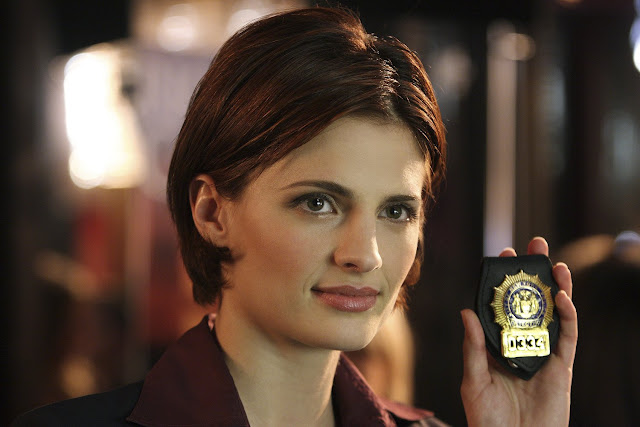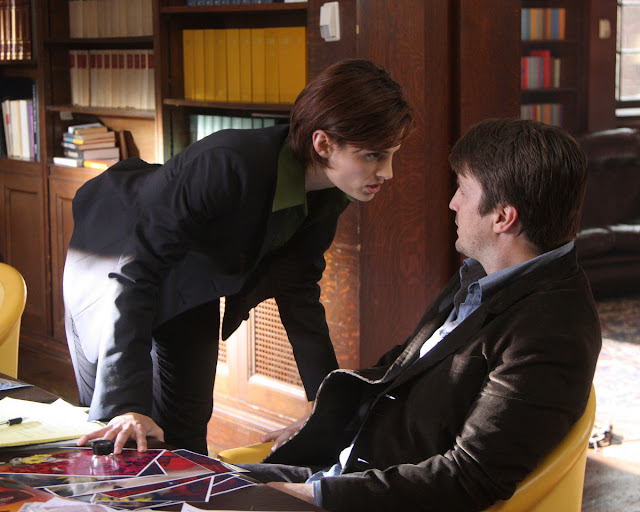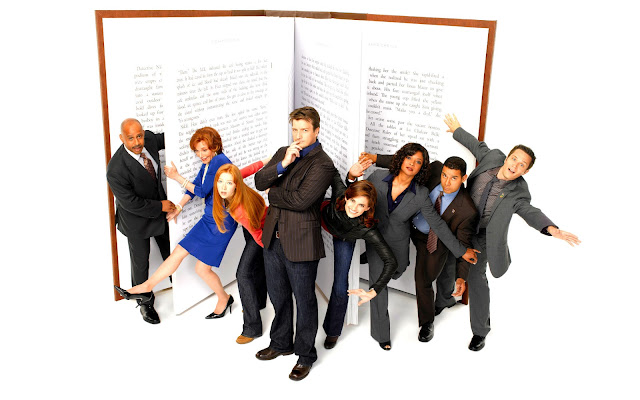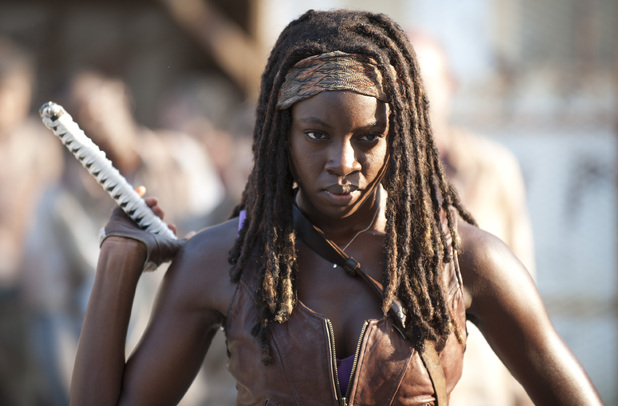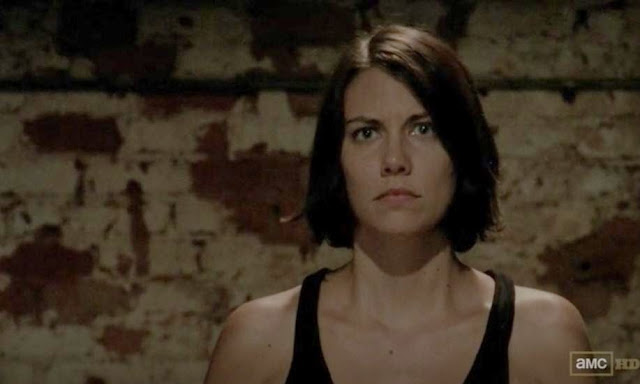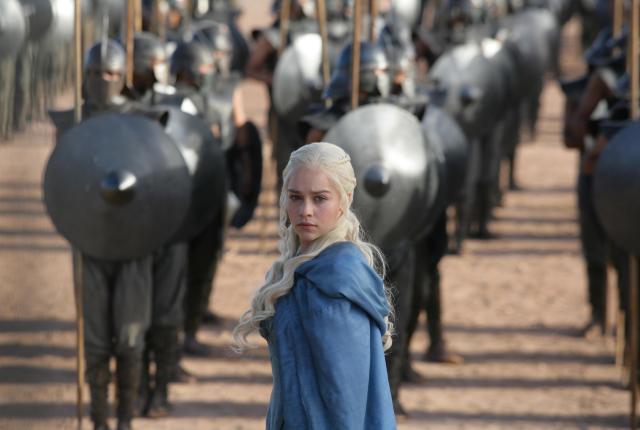For all my cynicism, fall TV season secretly fills me with (false, inevitably dashed) hope every year. I may not always admit it, but I do give a fair chance to any new show that strikes my attention even a little. (Grad school has robbed me of many things – NaNoWriMo, the concept of disposable income, alcohol, the ability to stay awake for more than eight hours at a stretch, my last slender grasp on mental health – but it has not yet made a significant dent in the truly irresponsible amounts of TV I watch.) On some level, I think I’m still searching for something to fill the Buffy-shaped hole in my heart.
(DO NOT mention the comic books. Just don’t.)
What I want isn’t complicated: good, women-centered specfic.

Primetime just isn’t giving me what I want. Marvel’s Agents of S.H.I.E.L.D. is watchable, but big-screen success has amplified many of the most problematic tendencies in Joss Whedon’s work. Supernatural is my latest mini-obsession (no spoilers please; still in season 5), but it has a MAJOR women problem which even its own stars recognize, and where is my equivalent show about two demon-hunting sisters? Sleepy Hollow is gloriously, magnificently awful and I love every minute of that nonsense, but lord have mercy it’s terribad. The best women-centered specfic of 2013 was indisputably Orphan Black, but it’s disappointingly low-profile compared to those other big-hitters.
TV’s failure to deliver on this front is especially irritating because women-centered specfic is in a general cultural boom. The current crop of post-Twilight YA specfic with female protagonists – Hunger Games, Mortal Instruments, Divergent – proves that there’s an audience hungry for this stuff in both our books and our films, and yet television is still largely determined to prove that it is SRS BSNS, which in our culture always equates to telling stories about white cishet dudes.
And so we turn, as always when life disappoints, to the internet. The Kickstarter campaign for Ava Snow Battles Death was recently brought to Bitch Flick’s attention, and it looks like a series with the potential to deliver the women-centered specfic goods.
Misfits. Knife-fights. Government cover-ups. Ancient curses. Good versus evil. Overlords from another dimension.
That’s right. This web series is going to punch the internet in the face.
Sure, it’s a little cutesy, but it also sounds really cool. Judging from the teasers, this embryonic webseries offers us specfic adventures with thrills and horror and a romance subplot, female friendship between complex characters who easily pass the Bechdel test, and a kickass woman protagonist with amazing hair and a memorably distinctive style.

I’m optimistic about Ava Snow for a few reasons.
First, the creative team. The names of the Kickstarter backing levels tell us something about their specfic influences, which are impeccable: from Buffy to Star Wars, from Battlestar Galactica to Game of Thrones, from The X-Files to H.P. Lovecraft, they span the gamut of geek cred.
Second, the backstory of creators Zack Drisko and Arielle Davidsohn.
Zack and Arielle met in Los Angeles in 2009, fell in love, and moved in together. They have always been happy with each other but found themselves struggling with the other parts of their lives. Both creative types, they were frustrated by the obstacles involved with breaking into the Hollywood entertainment industry and doing all the menial odd jobs to get by in the meantime.
So they created Ava Snow as their own personal hero to inspire them. They channeled their hopes and frustrations into Ava Snow, and she became a hybrid of the traits they needed and wanted: someone who never took crap, who never stopped fighting, who refused to conform to what others wanted. She became a hero forged by the real life struggles of her writers.
That is both super adorable and pretty cool, not to mention a mouth-watering possibility for Supernatural-style fourth-wall-destruction somewhere down the line. (As one of my undergrad professors used to say, <British accent>meta is better</British accent>.)
Third and not least, the characters and premise. Unless I’m gravely misunderstanding, Ava Snow’s strength is not of supernatural provenance. She has internal strength built up by facing adversity, and it’s this inner strength that is coveted by evil underlords who are trying to steal her soul. And she has a best friend who’s a shy, awkward nerd girl. Any show with the potential for an odd-couple bromance a la Buffy/Willow gets my seal of approval.  You can visit the official Ava Snow Battles Death website here.
You can visit the official Ava Snow Battles Death website here.
Max Thornton blogs at Gay Christian Geek, tumbles as trans substantial, and is slowly learning to twitter at @RainicornMax. Tatiana Maslany is his queen.
